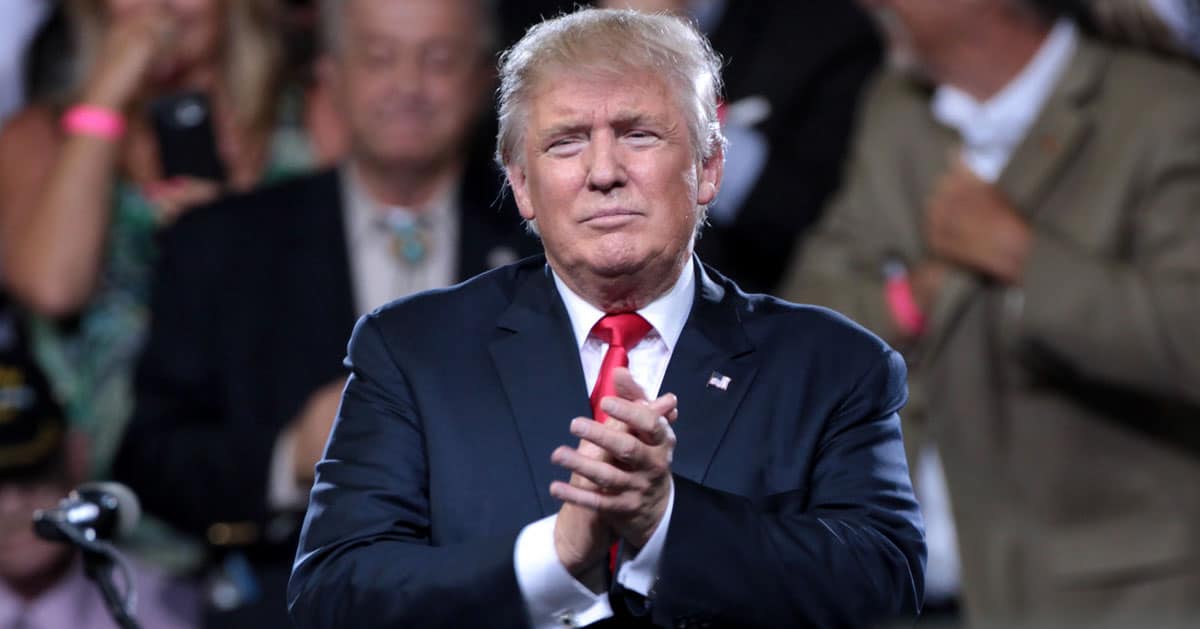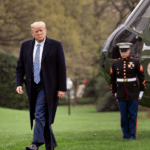



Former President Joe Biden is under fire as President Donald Trump and House Republicans investigate his administration’s use of an autopen, alleging it masked cognitive decline and unlawfully wielded executive power.
Fox News reported that last month, House Oversight Committee Chairman James Comer launched a probe to determine if Biden’s health impaired his ability to authorize autopen signatures. Comer’s team is zeroing in on whether Biden’s aides hid mental unfitness in his final months.
He even hinted at summoning Biden himself to answer questions. Comer demanded interviews with three top Biden staffers, suspecting they covered up the former president’s condition.
The investigation questions the legality of executive actions signed by a machine. If true, this could unravel countless policies enacted in Biden’s name.
President Trump escalated the controversy on Wednesday, ordering a Justice Department investigation. He tapped Attorney General Pam Bondi to probe whether Biden’s aides deceived the public about his mental state. Trump’s move signals a no-holds-barred approach to exposing what he calls a historic scandal.
“In recent months, it has become increasingly apparent that former President Biden's aides abused the power of Presidential signatures,” Trump declared. His claim hinges on the autopen enabling aides to enact radical policies under Biden’s name. Sounds like a signature with strings attached.
Trump argued that a president’s signature holds immense power, turning words into laws, appointing officials, or freeing prisoners.
He called the alleged autopen misuse a “conspiracy” that hid who truly held executive power. If aides ran the show, the constitutional fallout could be seismic.
“This conspiracy marks one of the most dangerous scandals in American history,” Trump said. His rhetoric paints a picture of a presidency hijacked by unelected officials. Yet, without hard evidence, it risks sounding like political theater.
Biden, for his part, pushed back hard on Wednesday, defending his administration’s actions. “I made the decisions about the pardons, executive orders, legislation, and proclamations,” he insisted. His defiance aims to shut down speculation, but it’s not quelling Republican suspicions.
“Any suggestion that I didn’t is ridiculous and false,” Biden added. His words project confidence, but they dodge the core issue: did he personally authorize every autopen use? That’s the question Comer and Trump want answered.
Biden also took a swipe at his critics, calling the probes a distraction. He accused Trump and Republicans of pushing “disastrous legislation” to fund tax breaks for the wealthy. It’s a classic pivot, but it sidesteps the autopen’s murky legality.
“This is nothing more than a distraction by Donald Trump and Congressional Republicans,” Biden claimed. His attempt to reframe the narrative as a policy dispute feels like a stretch. The autopen issue isn’t about tax cuts—it’s about trust in who wielded power.
Trump warned that if Biden lacked capacity, autopen-signed actions could be unconstitutional.
This raises thorny questions about the validity of executive orders or pardons from Biden’s final months. A legal quagmire looms if courts take up the challenge.
Republicans argue the public was misled about Biden’s fitness, undermining democratic accountability. Comer’s probe, paired with Trump’s investigation, seeks to uncover who, if anyone, pulled the strings behind Biden’s signature. The truth could reshape how we view his presidency.
For now, the autopen saga is a battle of narratives—Biden’s insistence on control versus Republican claims of deception. Both sides are digging in, with investigations poised to unearth more. One thing’s clear: a signature isn’t just a name—it’s a promise of accountability.



